Blog
-

How to design an organic fertilizer production line?
The desire for organic food and the advantages it offers the environment have led to an increase in the popularity of organic fertilizer production. To ensure maximum efficiency, efficacy, and sustainability, designing an organic fertilizer production line requires careful planning and considerat...Read more -

Advantages of small compost turner
Animal manure is an ideal organic fertilizer in agricultural production. Proper application can improve soil, cultivate soil fertility and prevent soil quality from declining. However, the direct application may result in environmental pollution and lower quality of agricultural products. For den...Read more -
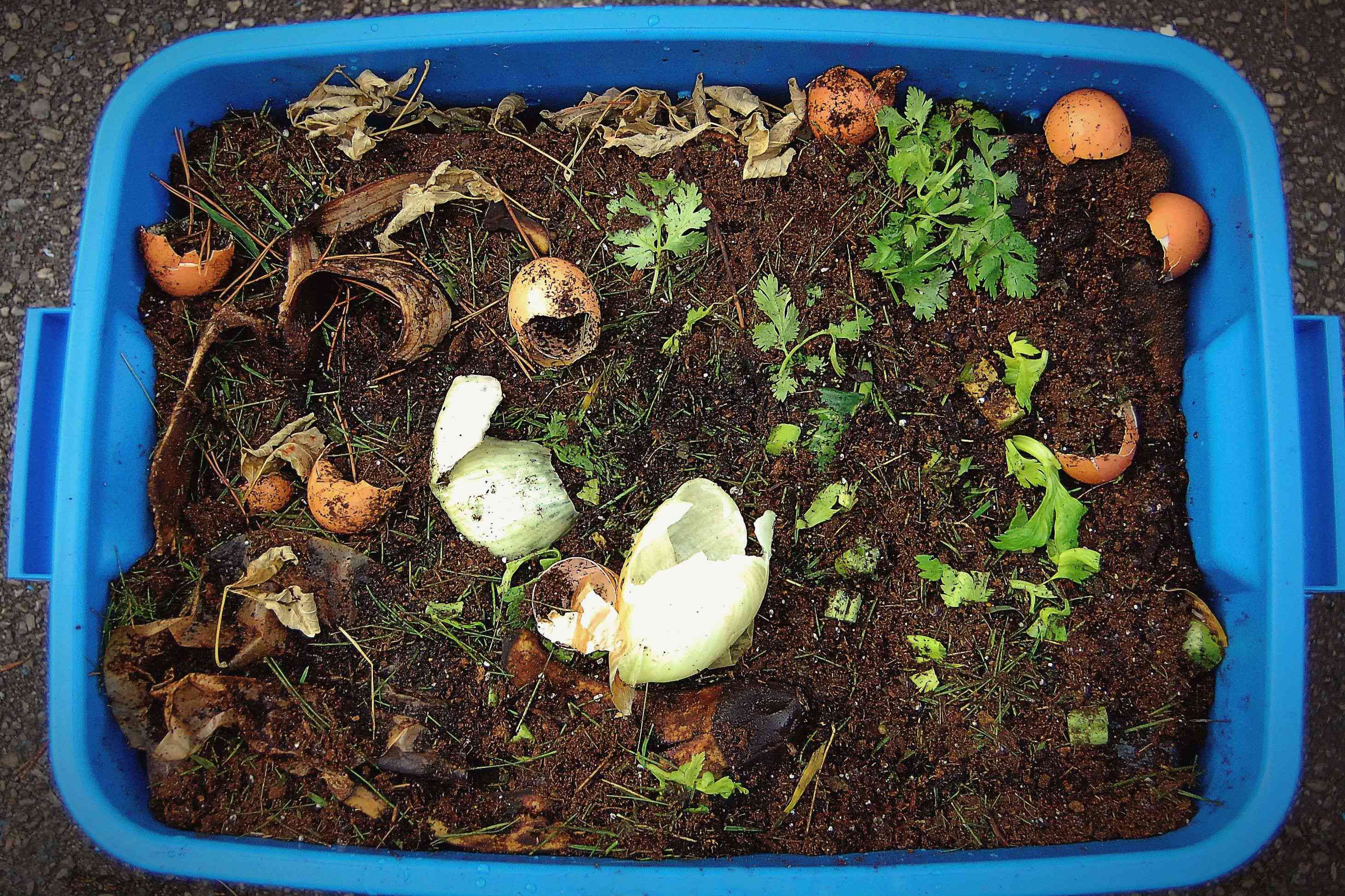
12 materials that cause compost to stink and grow bugs
Now many friends like to make some compost at home, which can reduce the frequency of using pesticides, save a lot of money, and improve the soil in the yard. Let’s talk about how to avoid composting when it is healthier, simpler, and avoid Insects or smelly. If you like organic gardening...Read more -

How to make compost at home?
Composting is a cyclical technique that involves the breakdown and fermentation of various vegetable components, such as vegetable wastes, in the vegetable garden. Even branches and fallen leaves may be returned to the soil with correct composting processes. Compost generated from leftover food s...Read more -
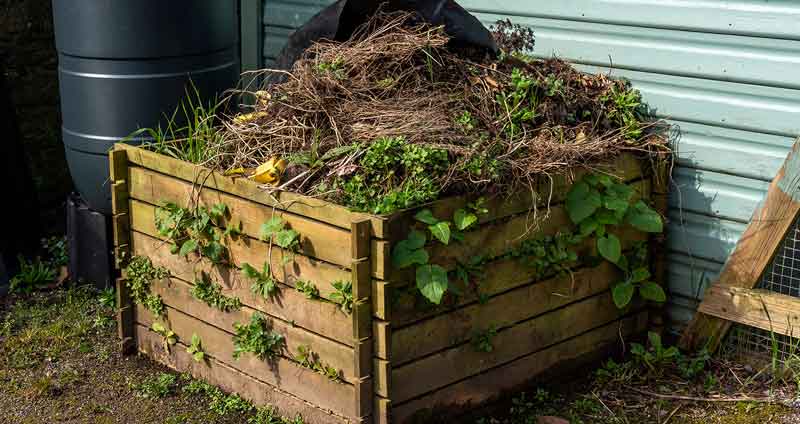
How to make compost from weeds
Weeds or wild grass are a very tenacious existence in the natural ecosystem. We generally get rid of weeds as much as possible during agricultural production or gardening. But the grass that is removed is not simply thrown away but can make good compost if properly composted. The use of weeds in ...Read more -
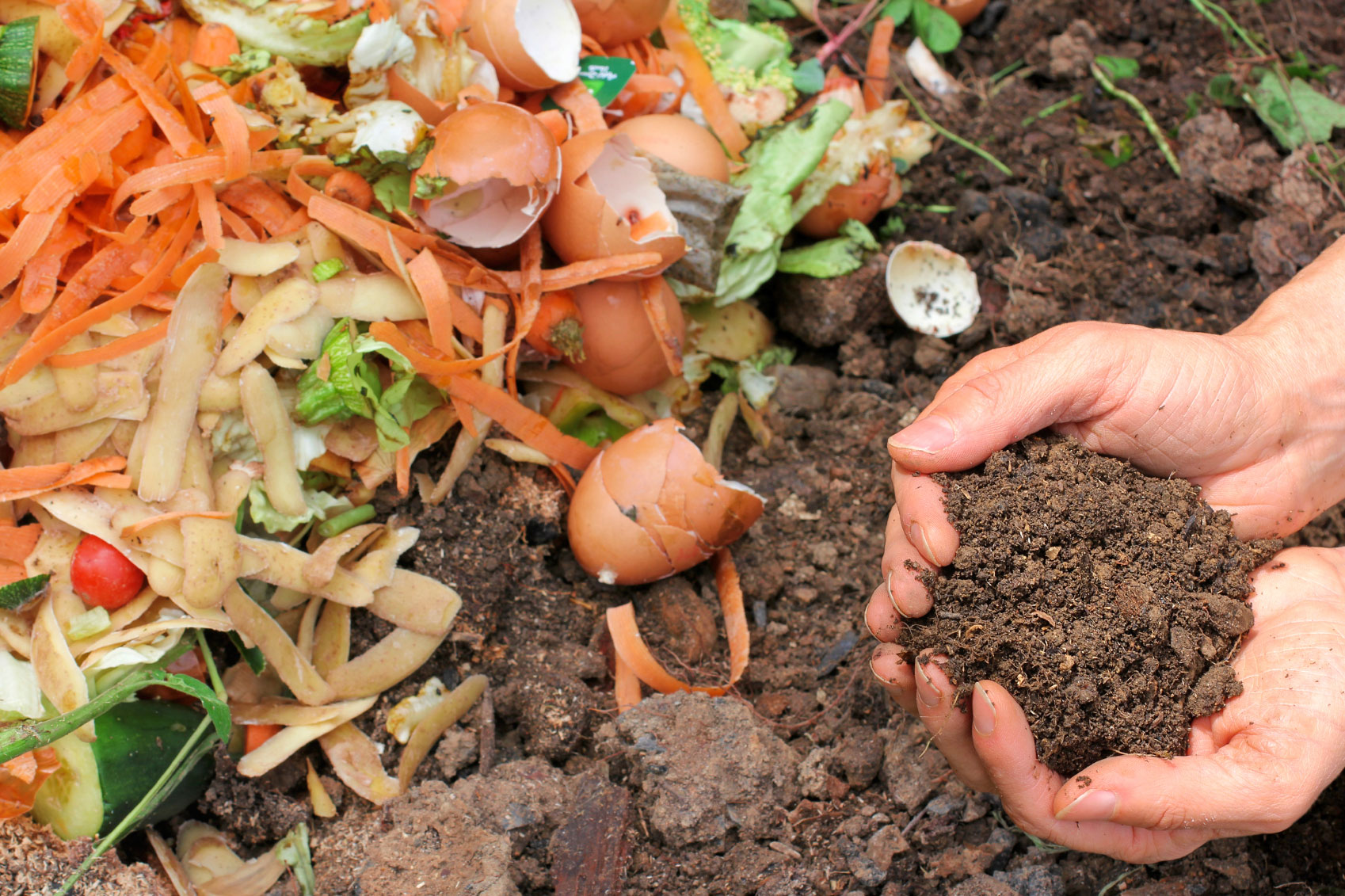
5 tips for making compost at home
Now, more and more families are beginning to learn to use organic materials on hand to make compost to improve the soil of their backyard, garden, and small vegetable garden. However, the compost made by some friends is always imperfect, and some details of making compost Little is known, So we&#...Read more -

How to control the temperature during composting?
According to the introduction of our previous articles, during the composting process, with the intensification of microbial activity in the material, when the heat released by the microorganisms decomposing the organic matter is greater than the heat consumption of the compost, the compost tempe...Read more -
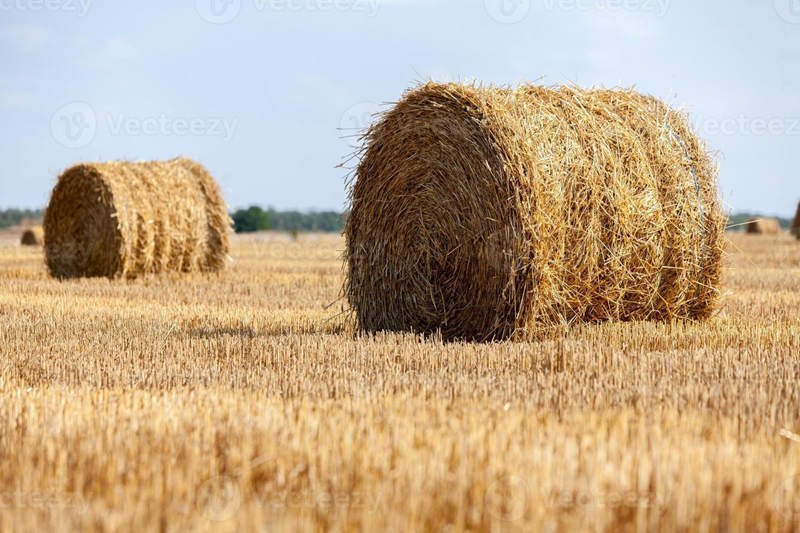
How to use straw when composting?
Straw is the waste left over after we harvest wheat, rice, and other crops. However, as we all know, due to the special characteristics of straw, it can play a very important role in the process of making compost. The working principle of straw composting is the process of mineralization and hu...Read more -
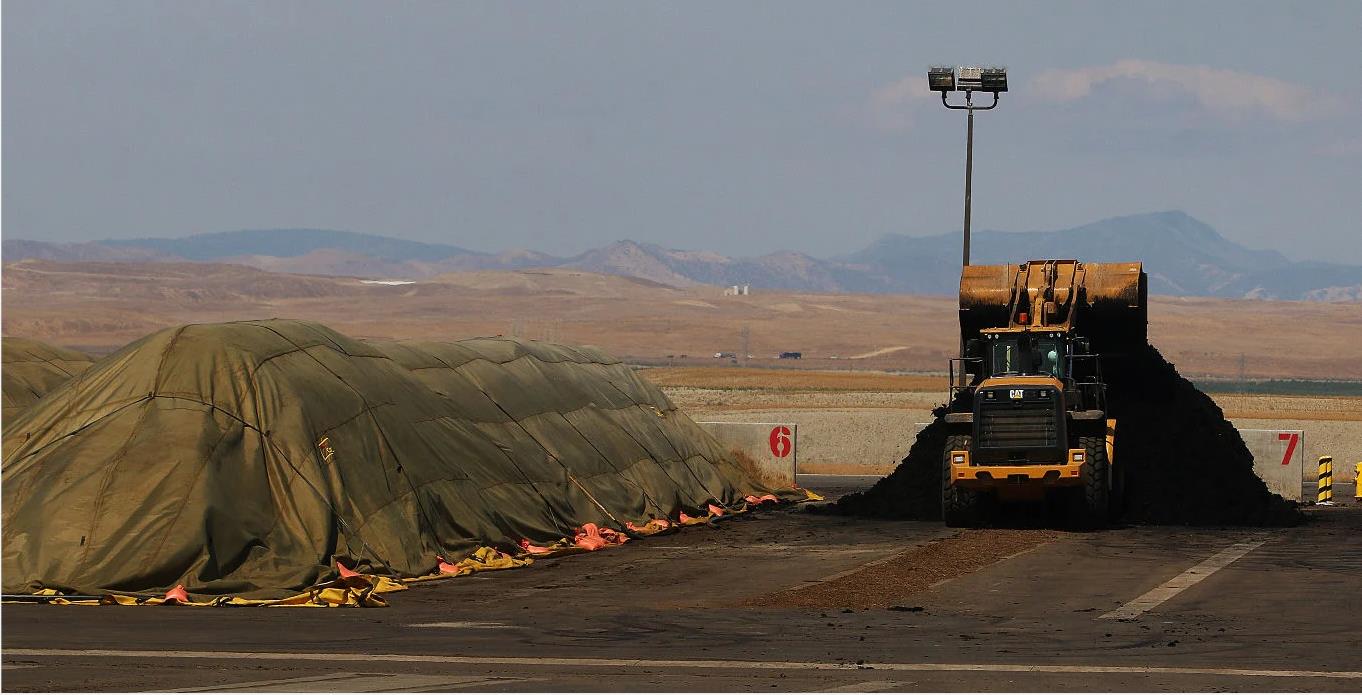
Basic knowledge of sludge composting
The composition of sludge is complex, with various sources and types. At present, the main methods of sludge disposal in the world are sludge landfill, sludge incineration, land resource utilization, and other comprehensive treatment methods. Several disposal methods have their advantages and dif...Read more -
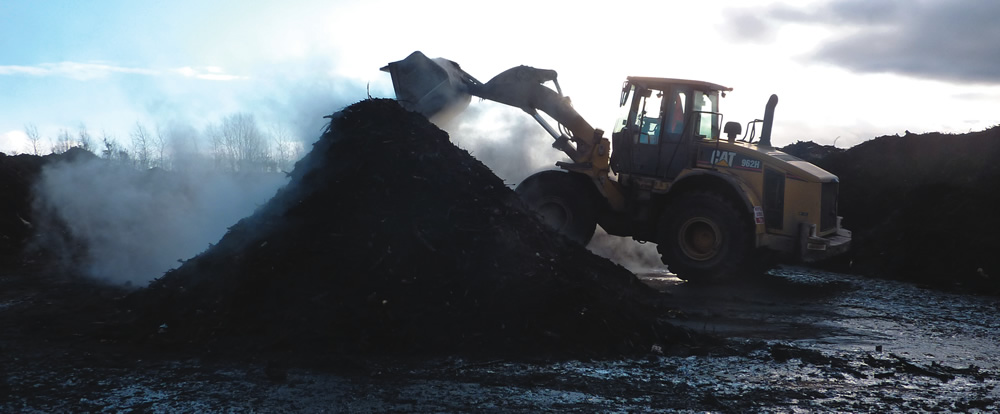
The effect of Oxygen on Composting
Generally speaking, composting is divided into aerobic composting and anaerobic composting. Aerobic composting refers to the decomposition process of organic materials in the presence of oxygen, and its metabolites are mainly carbon dioxide, water, and heat; while anaerobic composting refers to t...Read more
